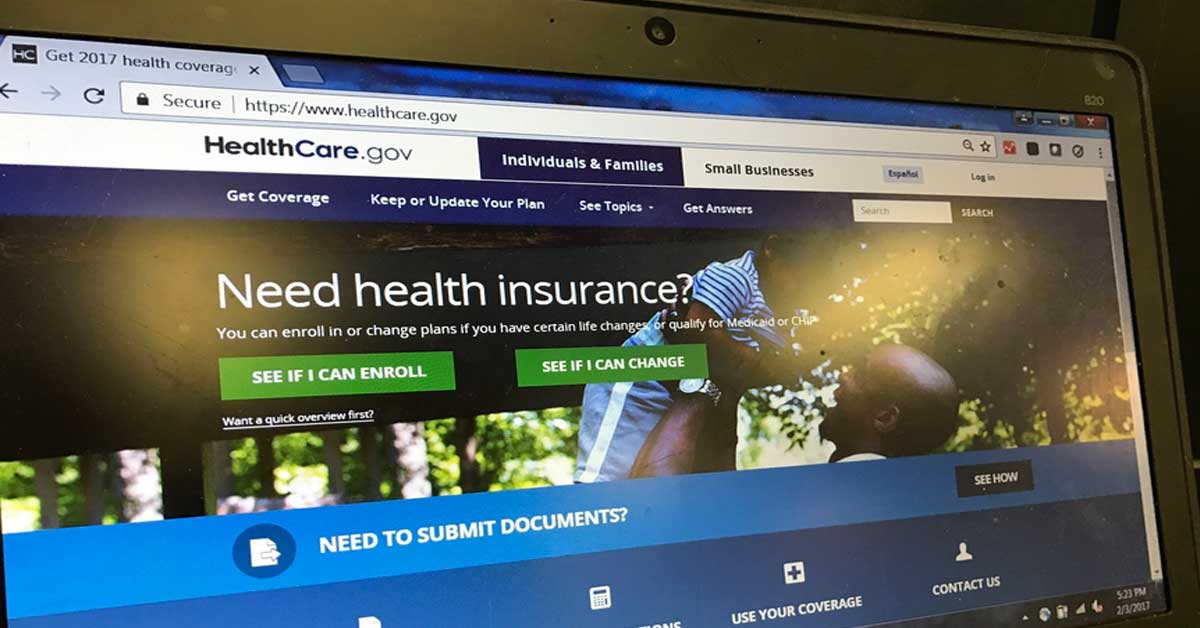What lowers costs without compromising the quality of care or value? That’s the theme of this week’s Innovation Partners BioBlog. We look at the acquisition of Athenahealth and the shift to Virence’s value-based care solutions, how value-based care has lowered the costs of Medicare and the impact of generic drugs. These top stories and more in this week’s Innovation Partners BioBlog.

Athenahealth sold to Elliott Management and Veritas Capital for $5.7B, plans to merge with Virence Health
Elliott Management has teamed with Veritas Capital to acquire Athenahealth. The deal, which will cost approximately $5.7 billion, is expected to close in Q1 of 2019. Athenahealth would merge with Virence Health. Virence Health offers value-based care solutions. The new company will operate under the Athenahealth brand.
Read More
Express Scripts offers new formulary for lower list-price drugs
In a move to push drug makers away from rebates, Express Scripts has issued a new drug reimbursement list with lower U.S. prices for brand-name medications. Two drugs from Gilead Sciences are included. The new National Preferred Flex Formulary will be available as of Jan. 1 to all clients.
Read More
Medicare Costs Drop As Humana Shifts Doctors To Value-Based Models
Humana announced that Medicare costs have shifted as providers switched to value-based models. Seniors enrolled in Humana Medicare Advantage plans received better care in value-based models at 16% lower costs. These numbers were calculated by comparing fee-for-service plans from 2017 with new value-based plans in 2018. The findings underscore the positive benefits of a shift towards value-based models.
Read More
Merck’s KEYTRUDA® (pembrolizumab) Significantly Improved Overall Survival (OS) Compared to Chemotherapy in Patients with Advanced Esophageal or Esophagogastric Junction Carcinoma Whose Tumors Express PD-L1 (CPS ≥10)
Merck announced today that the Phase 3 KEYNOTE-181 trial investigating KEYTRUDA, Merck’s anti-PD-1 therapy, as monotherapy in the second-line treatment of advanced or metastatic esophageal or esophagogastric junction carcinoma has met a primary endpoint of overall survival (OS) in patients whose tumors expressed PD-L1 (Combined Positive Score [CPS] ≥10). In this pivotal study, treatment with KEYTRUDA resulted in a statistically significant improvement in OS compared to chemotherapy (paclitaxel, docetaxel or irinotecan) in patients with CPS ≥10, regardless of histology.
Read More
Experts: Trump administration’s moves will put drug prices center stage in 2020 election
Ezekial Emmanuel, M.D., chair of the Department of Medical Ethics and Health Policy at the University of Pennsylvania and one of the key architects of the Affordable Care Act, spoke this week at an event on cancer care. He believes that President Trump’s efforts to lower drug prices will take center stage in the 2020 election. Dr. Emmanuel said the policy’s release was clearly tied to the election and means that the administration will do something, even if the final version is scaled back or revamped significantly from the current plan.
Read More
Johns Hopkins saves millions, improves outcomes with its J-CHiP care coordination program
Johns Hopkins launched the Johns Hopkins Community Health Partnership (J-CHiP), a care coordination program with two central elements: a set of acute care interventions, which were piloted in two of the city’s hospitals, and a community-based care management piece based primarily in ambulatory care settings. The program is intended to help the most vulnerable patients in the Baltimore area. The acute care interventions were put in place across 35 adult inpatient units and aren’t targeted to a specific payer population, so it was open to Medicare, Medicaid, and commercially insured patients. Elements include a focus on medication management, multidisciplinary rounds, and follow-up calls, in addition to improved transitions to skilled nursing or other post-acute care facilities for patients that need it.
Read More
CMS increases Healthcare.gov breach total to 93,600
Last month’s Healthcare.gov data breach was more serious than originally suspected. Initial reports put the total number impacted at 75,000, but new reports place the figure closer to 93,600. CMS has reached out to all affected consumers by phone, letter, and email to alert them of the potential that their data has been compromised.
Read More
Access to generics hasn’t slowed spending on specialty branded drugs, BCBS says
Although the use of generic drugs was supposed to keep medication costs down, insurers are still reporting a surge among the cost of all medications, including generics. Among Blue Cross Blue Shield insurers, that cost reached over $100 billion last year, 20% of the insurer’s expenditures. In 2017, 83% of prescriptions filled by BCBS members were low-cost generics, according to an annual report form the Blue Cross Blue Shield Association compiled from data on all 88 million Blues members. Overall drug spending among beneficiaries still rose 2%. The success of generics serves to underscore the higher cost of branded drugs.
Read More




